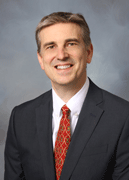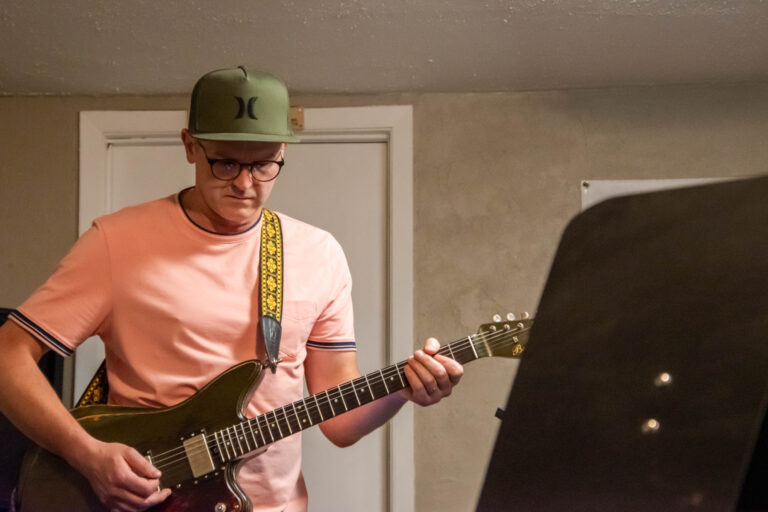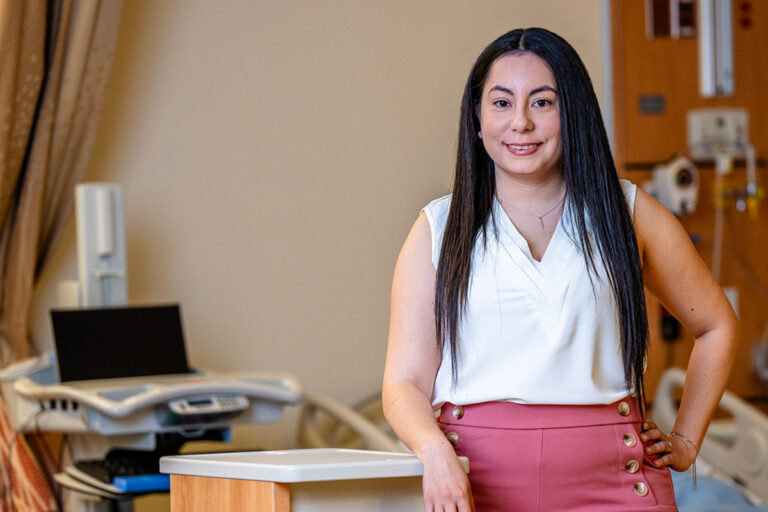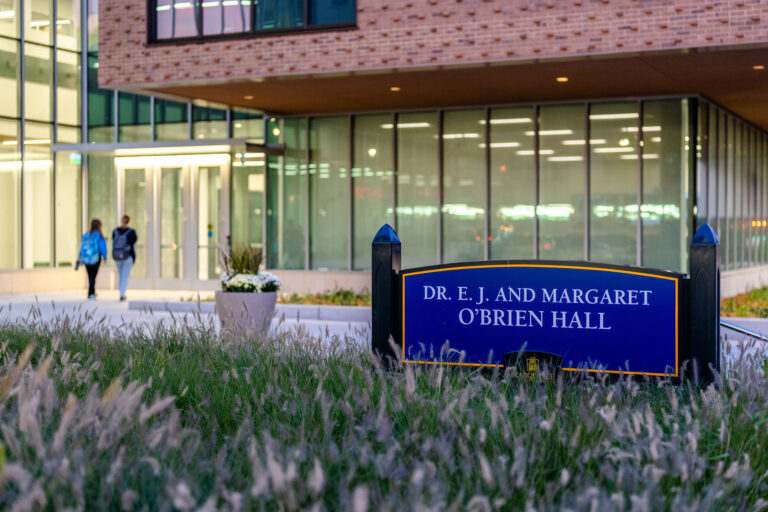In 2021, the Fulbright Program celebrates 75 years of positive impact on the lives of individuals as well as on global and local communities. The Fulbright U.S. Scholar Program offers more than 400 teaching, research or combination teaching and research awards in over 135 countries. Opportunities are available for college and university faculty and administrators as well as for professionals, artists, journalists, scientists, lawyers, independent scholars and many others. Fulbright has been an exceptional opportunity to enrich education, advance careers, and make meaningful contributions to society through their international fellowships.
In the last weeks before this year’s application deadline of Sept. 15, we will share some of Marquette’s long, rich history with Fulbright by highlighting some stories of our own Fulbrighters.
If interested in applying for a prestigious Fulbright Fellowship in 2022-23, you can visit the Fulbright website or contact Averia Flasch, Marquette’s liaison for Fulbright Scholars.
This week’s highlight is Dr. John Borg, professor and chair, mechanical engineering.
 Dr. Borg held a research fellowship at the Ernst Mach Institute in Germany (2011-12). Here is a glimpse into his Fulbright experience:
Dr. Borg held a research fellowship at the Ernst Mach Institute in Germany (2011-12). Here is a glimpse into his Fulbright experience:
Sometimes, all it takes is a chance conversation at a conference.
While attending one of the annual Hypervelocity Impacts Symposiums, this being held in Freiburg, Germany, Dr. John Borg got to chatting with the director from the host institution when both realized that they had so much research in common. Within a couple years he found himself at Freiburg’s Ernst Mach Institute as a U.S. Fulbright Scholar.
Borg’s research looks at how shock waves work in solids, which also includes investigating traumatic brain injuries. His work was a perfect fit with a collaboration the Institute had already established with the University of Freiburg medical school. More specifically, as part of the numeric computation group, he and his colleagues scaled up dynamic techniques that normally operated on the scale of atoms to that of the millimeter.
For the award to come to fruition, all the stars seemed to align. Borg was able to synchronize his one-semester Fulbright with a Way Klingler award and his sabbatical to spend an entire year in Germany. And his family was totally on board. His wife received great encouragement from her university, while the Fulbright offices in Germany helped establish contacts for her to advance her work. And their young daughter, who had been attending Saturday sessions at Milwaukee’s Deutsche Schule, was very excited for the journey.
Although it’s common for people considering the Fulbright to be naturally concerned about the familial implications, for Borg, “It’s definitely a benefit if you can bring your family or loved ones along. Considering the cultural exchange aspect of the Fulbright, it’s important to see that the experience has an impact on more people than just me.”
This story, and others, can be found on the Office of Research and Sponsored Programs Fulbright website along with additional information about applying for the fellowship.


